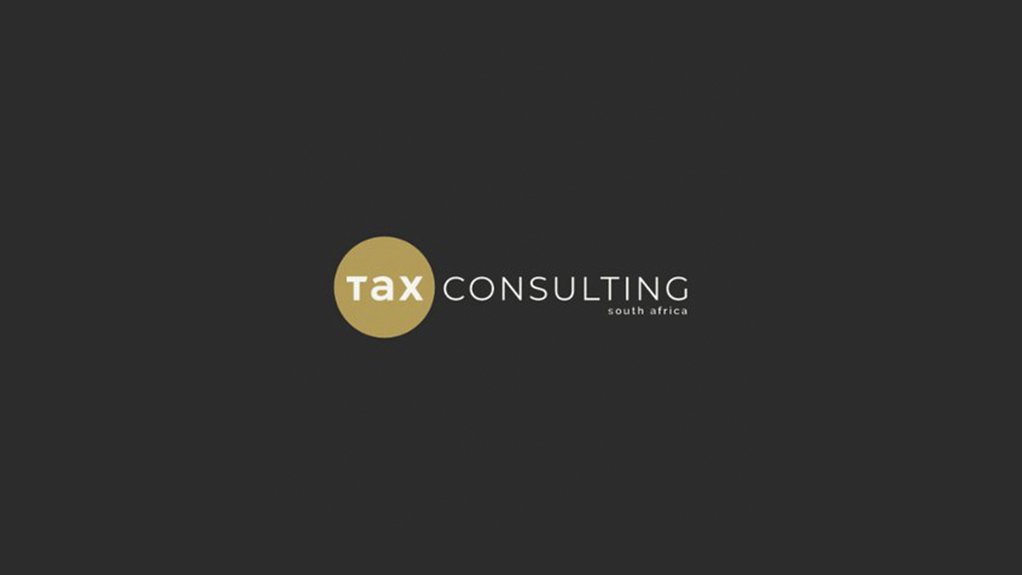As the 2025 tax filing season approaches, many South Africans working from home are asking what home office expenses they can claim as tax deductible items, and how to do it correctly. This question is especially relevant for the growing number of South African employees working remotely for global companies who are increasingly turning to tax practitioners for guidance.
While home office deductions may seem straightforward, the Income Tax Act includes specific provisions regulating these claims. Commission earners generally have more flexibility, but salaried employees working from home often face challenges because of the more restrictive rules applying to them.
If you earn only a fixed salary, work from home full time, and use a dedicated space solely for work, there may be grounds for claiming home office expenses, provided you meet the strict requirements set out in law.
The three key sections of the Income Tax Act that govern these deductions are:
- Section 11(a) – General deduction formula.
- Section 23(b) – Use of home for trade.
- Section 23(m) – Limitations for salaried employees.
The Law
Section 11(a), often referred to as the “general deduction formula,” allows a taxpayer who is ‘carrying on a trade’ to deduct ‘expenditure and losses actually incurred in the production of income, provided such expenses are not of a capital nature’.
In the context of a salaried employee, “trade” includes employment. Therefore, an employee who earns remuneration is regarded as carrying on a trade in the form of employment. If a salaried employee incurs home office expenses in the production of employment income, those expenses will conceptually fall within the scope of section 11(a).
It is important when claiming home office expenditure that section 11(a) is applied in conjunction with the limitations imposed by Section 23.
Section 23(b) imposes a specific prohibition against claiming deductions for expenses related to premises ‘used for domestic or private’ purposes. There is, however, an exception where:
- There is a dedicated area used for the purposes of employment,
- That area is specifically equipped for such employment; and,
- The area is regularly and exclusively used for employment.
For salaried employees (not commission earners), it is required that more than 50% of their duties must be performed in the home office, and the home office must be a clearly defined and exclusive workspace.
For full-time remote workers with a defined, exclusive home office, this means you may qualify—in theory. Many salaried employees meet the conditions under Section 11(a) and 23(b), which often raises hopes for a successful claim.
But this is where the biggest hurdle comes in...
Section 23(m) disallows most deductions under section 11 for employees who:
- Earn remuneration (i.e., salary),
- And do not earn more than 50% of that income as commission or variable-based remuneration.
For taxpayers who earn a fixed salary only, section 23(m) prohibits deductions for most expenditure, losses, or allowances that would otherwise be allowable under section 11(a).
Only expenses directly tied to the use of the premises, such as rent, electricity, and cleaning, may be considered, and only under very specific conditions.
In short, while section 11(a) allows the deduction of qualifying expenses, and section 23(b) adds strict conditions for home office use, section 23(m) disallows most deductions for salaried earners.
In practice, this means that even if the general and home-office-specific conditions are met, fixed-salary earners are still barred from deducting most business-related expenses, including internet and cell phone costs, accounting fees, and stationery.
Professional Tip
If you are a fixed-salary earner working from home full-time and wish to claim deductions, ensure that:
- Your employer provides a formal letter confirming remote work;
- You have a dedicated, exclusive workspace;
- More than 50% of your duties are performed in that space; and
- Your claim is limited to premises-related expenses.
Even then, SARS may still challenge deductions beyond the narrow exemptions outlined above. Therefore, the onus is on the taxpayer to prove that the deduction should be allowed.
Conclusion
In preparation of the 2025 Tax Filing Season, taxpayers must be reminded that SARS applies the rules around home office deductions strictly and conservatively, particularly for salaried employees.
Taxpayers are advised to consult a qualified tax practitioner before submitting any home office-related claims to avoid audit risk, disputes, and potential penalties.
Written by Thokozile Kumalo, Tax Consultant at Tax Consulting South Africa
EMAIL THIS ARTICLE SAVE THIS ARTICLE ARTICLE ENQUIRY FEEDBACK
To subscribe email subscriptions@creamermedia.co.za or click here
To advertise email advertising@creamermedia.co.za or click here











